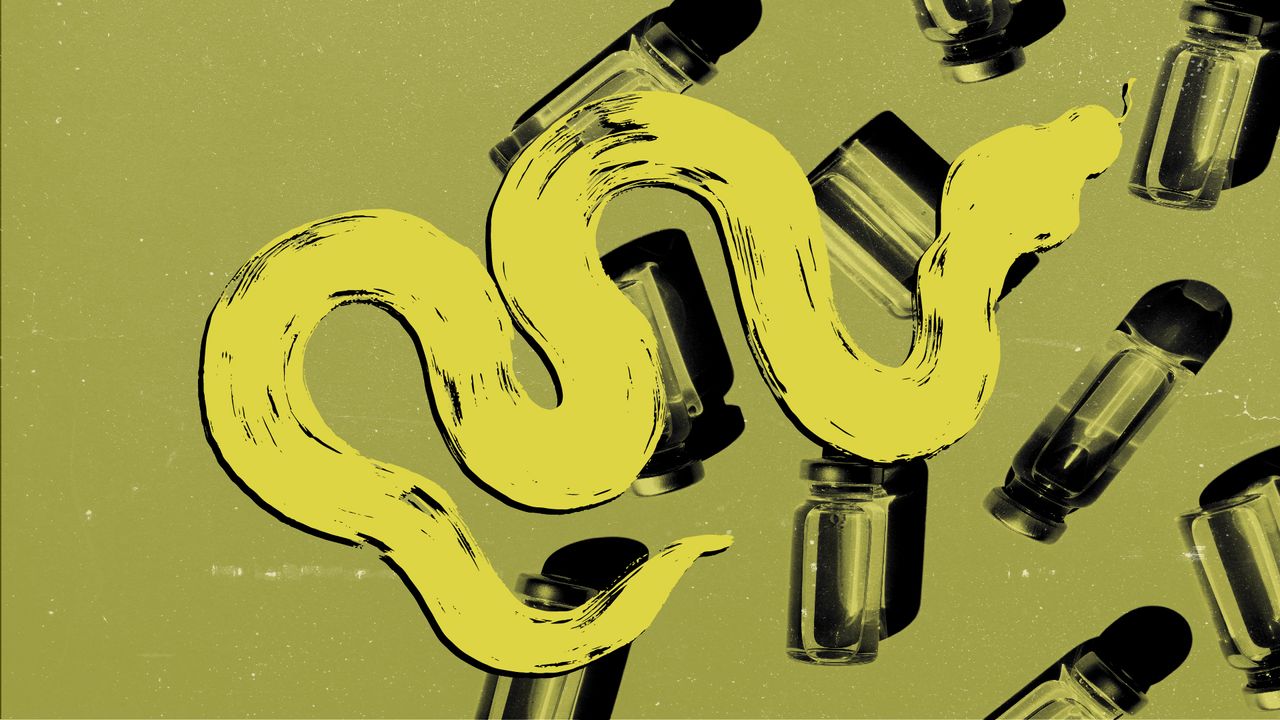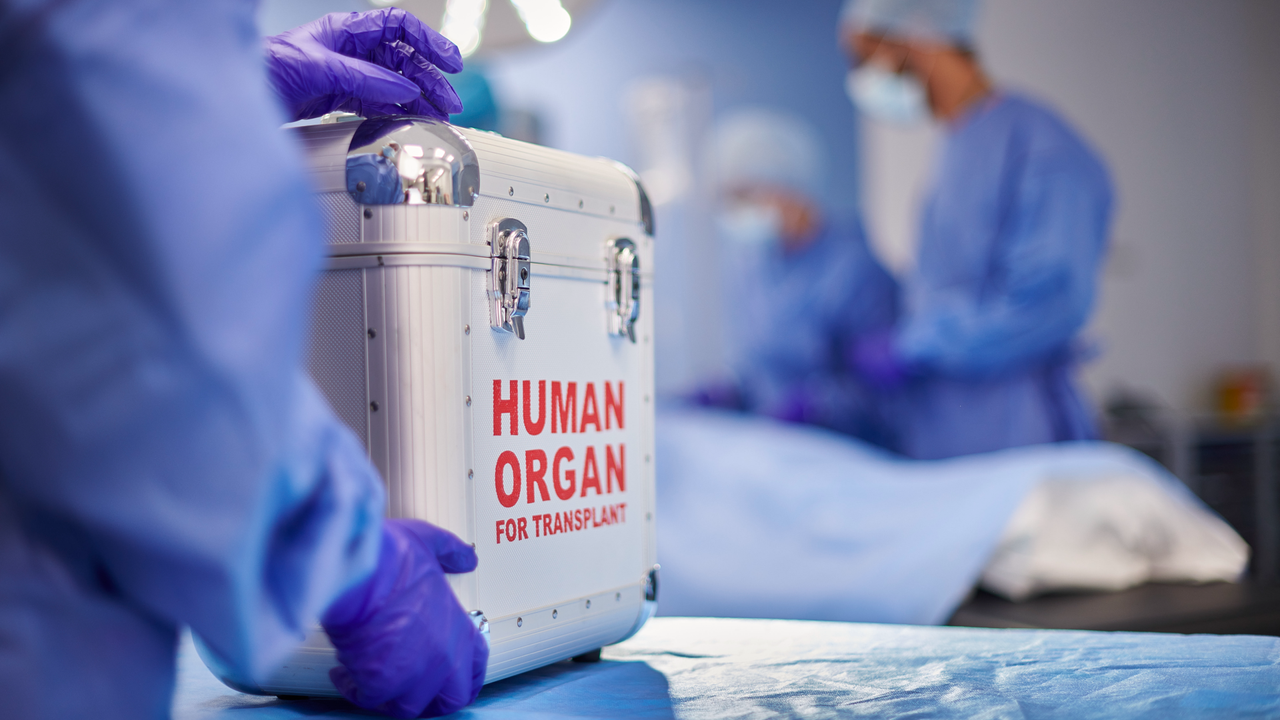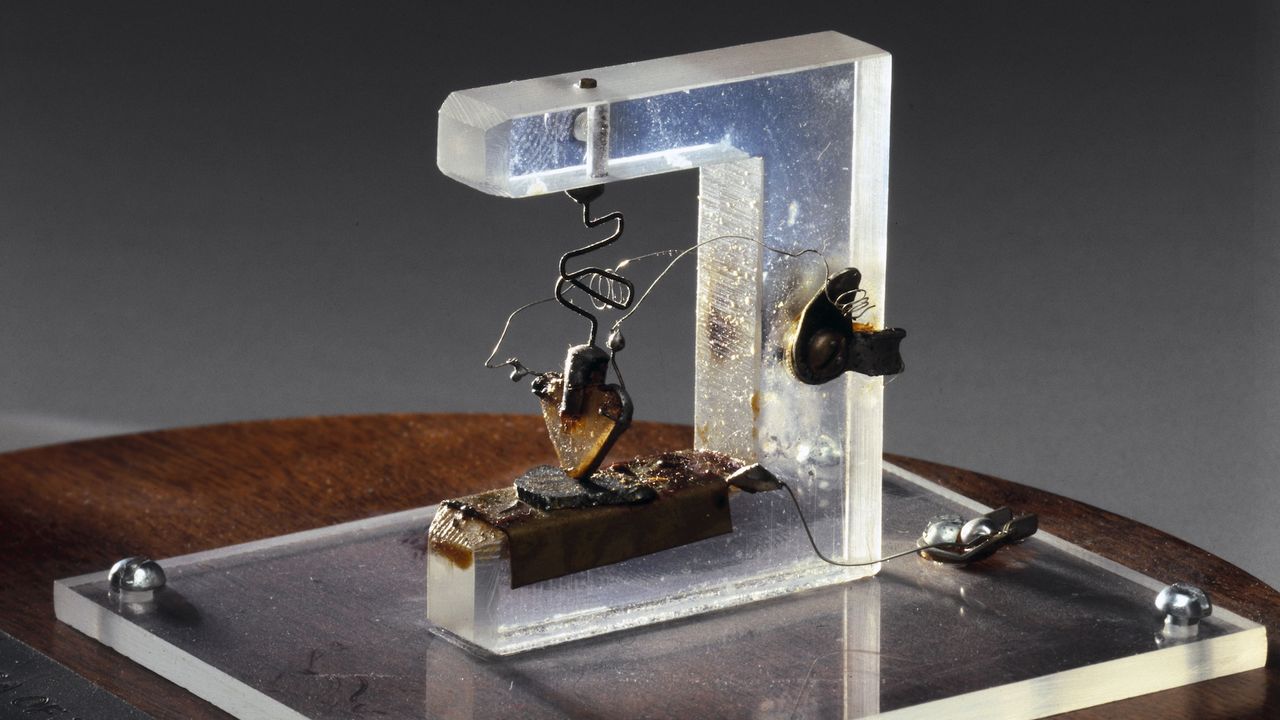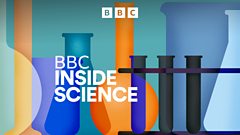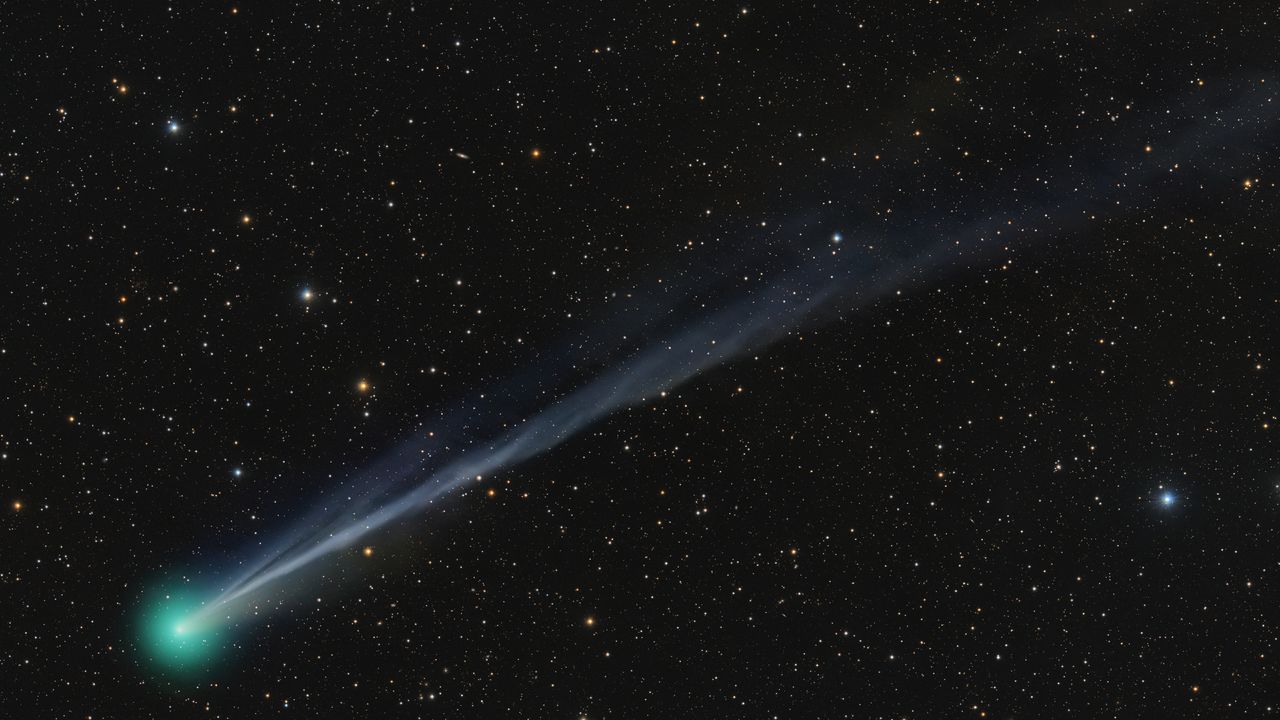Trump casts shadow over Nobels as prize-awarding body warns academic freedom at risk
NegativeScience

The Royal Swedish Academy of Science has raised alarms about the potential threats to academic freedom in the U.S. and beyond, particularly in light of recent proposals from Donald Trump. These measures could have devastating effects on the scientific community, especially as the Nobel Prize announcements approach. This situation is critical as it highlights the ongoing struggle between politics and science, emphasizing the need for independence in research and education.
— Curated by the World Pulse Now AI Editorial System
